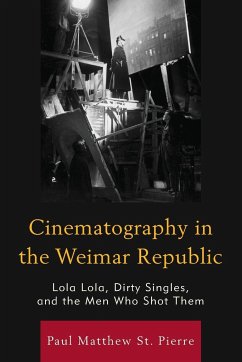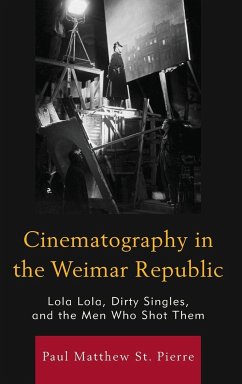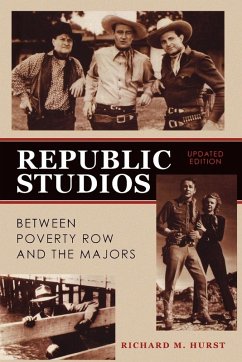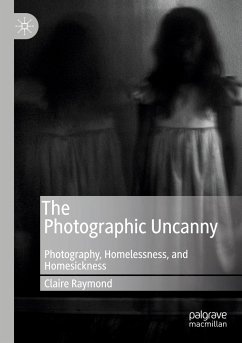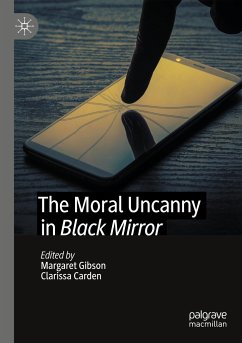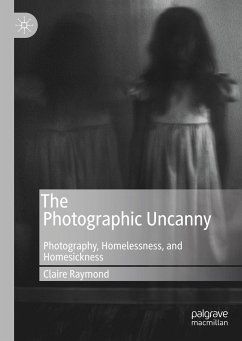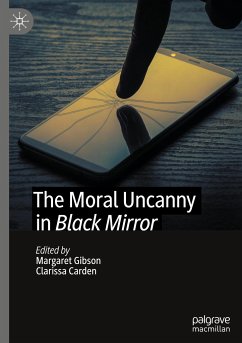
Gender and the Uncanny in Films of the Weimar Republic
Versandkostenfrei!
Versandfertig in 1-2 Wochen
37,99 €
inkl. MwSt.

PAYBACK Punkte
19 °P sammeln!
The Weimar period in Germany was a time of radical change, when the traditions and social hierarchies of Imperial Germany crumbled, and a young, deeply conflicted republic emerged. Modernity brought changes that reached deep into the most personal aspects of life, including a loosening of gender roles that opened up new freedoms and opportunities to women. The screen vamps, garçonnes, and New Women in this movie-hungry society came to embody the new image of womanhood: sexually liberated, independent, and—at least to some—deeply threatening. In Gender and the Uncanny in Films of the Weima...
The Weimar period in Germany was a time of radical change, when the traditions and social hierarchies of Imperial Germany crumbled, and a young, deeply conflicted republic emerged. Modernity brought changes that reached deep into the most personal aspects of life, including a loosening of gender roles that opened up new freedoms and opportunities to women. The screen vamps, garçonnes, and New Women in this movie-hungry society came to embody the new image of womanhood: sexually liberated, independent, and—at least to some—deeply threatening. In Gender and the Uncanny in Films of the Weimar Republic, author Anjeana K. Hans examines largely forgotten films of Weimar cinema through the lens of their historical moment, contemporary concerns and critiques, and modern film theory to give a nuanced understanding of their significance and their complex interplay between gender, subjectivity, and cinema.





